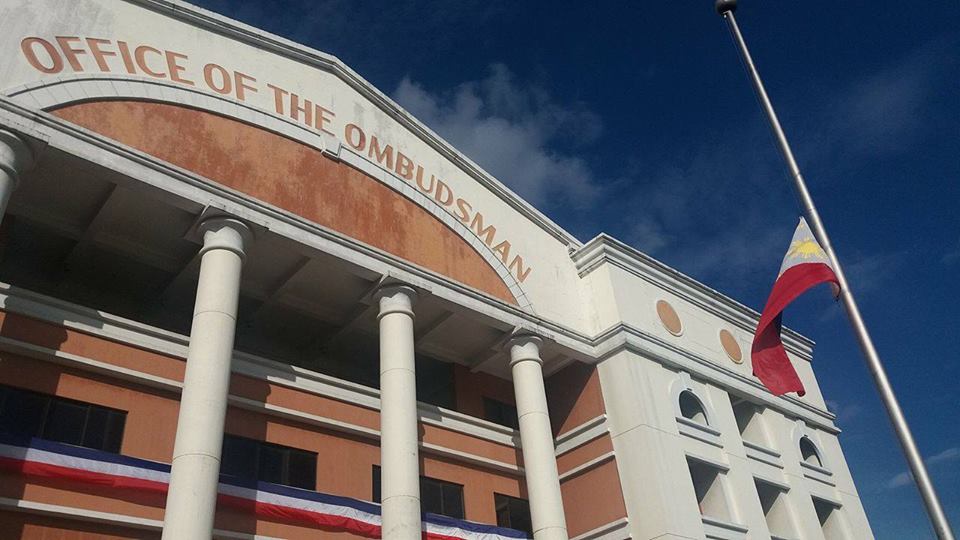
MANILA – Persons or groups requesting for President Rodrigo Duterte’s Statements of Assets, Liabilities, and Net Worth (SALN) should comply with the new guidelines set by the Office of the Ombudsman, Malacañang said Monday.
Presidential Spokesperson Harry Roque reiterated that requesting parties should follow the Ombudsman’s guidelines to course requests for SALN through the office concerned, in this case, the Office of the President.
“If that is what the Ombudsman said then I advise you to comply with it,” Roque said in a Palace press briefing.
Under the Ombudsman’s Memorandum Circular No. 1, SALNs would now be released only in three situations—if the government official who filed it and his or her official representative made a request; if it is legally ordered by the court in relation to a pending case; and if the request is made through the Office of the Ombudsman’s field investigation office for the purpose of a fact-finding probe.
In all other instances, the circular said that “no SALN will be furnished to the requester unless he/she presents a notarized letter of authority from the declarant allowing the release of the requested SALN”.
“May bago pong guidelines na sinusunod ang Office of the Ombudsman. Siguro naman po dahil constitutional body ang Ombudsman e dapat naman po sundin natin yung kanilang mga guidelines (The Office of the Ombudsman is following new guidelines. Perhaps, because they are a constitutional body, it’s only right that we follow their guidelines),” Roque said.
Roque has repeatedly insisted that Duterte is “not hiding anything” even if his SALN has not been released to the public.
Last month, Roque also urged those requesting for the President’s SALN to follow the proper procedure to acquire the document.
He said “anyone” can request for the SALN provided that they complied with the requirements under Executive Order No. 2 on Freedom of Information (FOI) which mandates public officials to file and make available for scrutiny their SALN.
According to Roque, requesting parties also have the option to file a petition for mandamus that seeks to compel the President to disclose his SALN.
“The remedy is to file a writ of mandamus if you must. But you need to exercise your rights,” he said in a TV interview last Sept. 16.
The mandamus is a legal remedy seen as a “proper recourse for citizens who seek to enforce a public right and to compel the performance of a public duty, most especially when the public right involved is mandated by the Constitution”.
On Sunday, the Philippine Center for Investigative Journalism (PCIJ) published the SALNs of past presidents since Cory Aquino’s first SALN in 1989 to Duterte’s 2017 SALN.
The PCIJ said their documents show that Duterte is “breaking a long tradition of presidents making their annual wealth disclosures public year after year, often even without a formal request from the press or the public to do so”.
Before Ombudsman Samuel Martires was appointed by Duterte in 2018, a reporter can request for certain government officials’ SALNs by writing formal letters of request before the Office of the Ombudsman.
Under Republic Act 6713 or the SALN Law, the actual SALNs should be open for public inspection at reasonable hours, available for copying after 10 working days from the time they are filed, and available to the public for 10 years from receipt of the record.